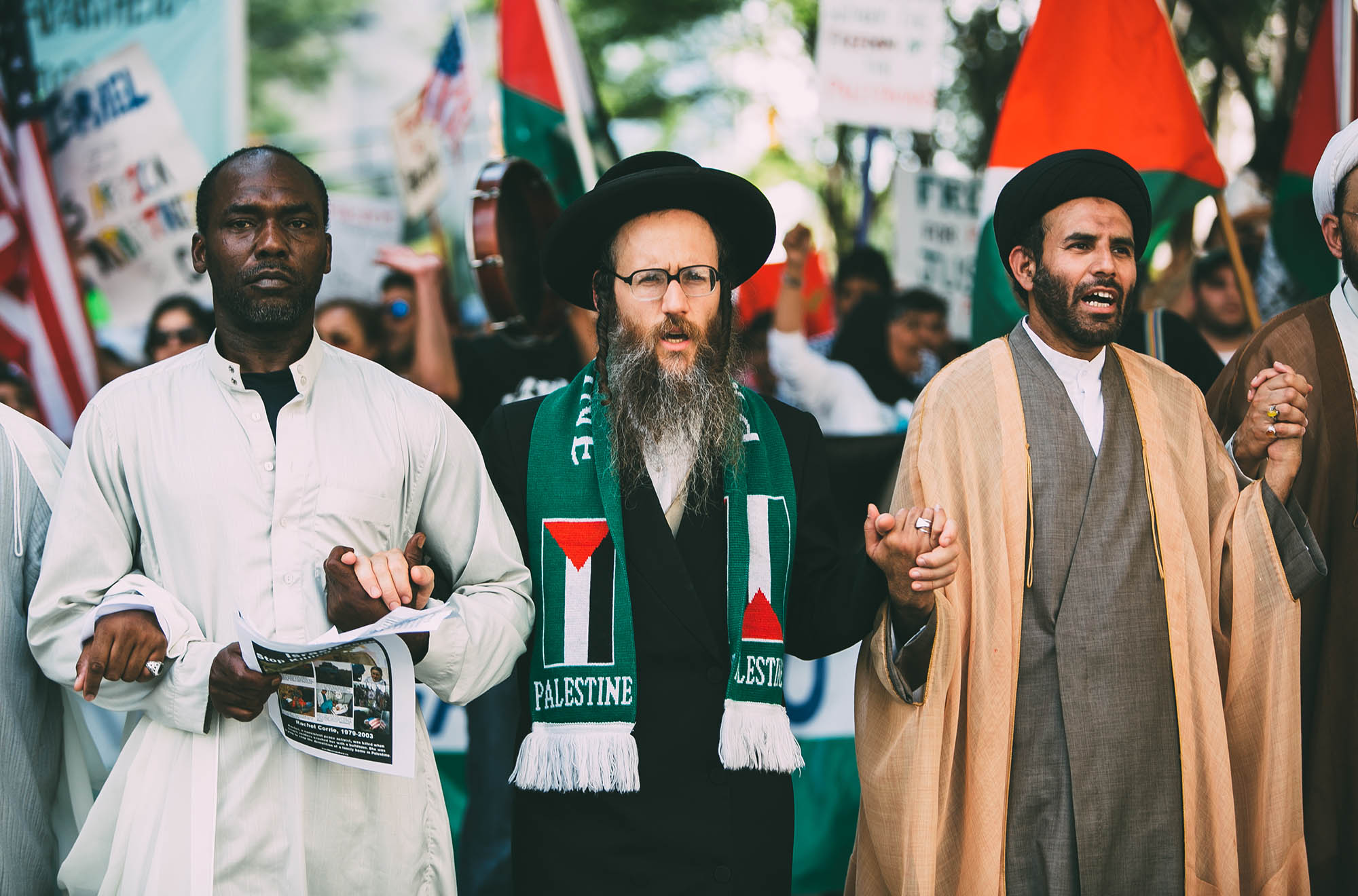Two terrorists opened fire at a 2015 company Christmas party in San Bernardino, gunning down 14 people. When the liberal news media covered the story, they didn’t want to call the terrorists “Muslim radicals.” And to this day, they argue against ever attaching the word Muslim to terrorism. They rather identified the San Bernardino terrorists with a “fringe” group, like ISIS.
Dr. Zuhdi Jasser, founder and president of the American Islamic Forum for Democracy, explains the liberal left’s avoidance of “Muslim radicals” and tells why it’s crucial that we make the connection between Islam and such terrorism. He argues that non-Muslims need to recognize that the house of Islam is now divided between Islamists and reformers and throw our unqualified support behind reformist Muslims like himself.
According to Jasser,
- Terrorism is only the symptom
- The disease is political Islam
- Radical reform is the needed therapy
Relatively few Muslims are likely to agree with Jasser in in Muslim-majority lands. Since they’ve already got some version of political Islam in their countries, there’s little chance they’ll voluntarily relinquish their power over religious minority groups (e.g., Egypt’s Muslims over the country’s 10 million Copts).
But at least its true that American Muslims increasingly find themselves in the valley of decision over the sort of reforms Jasser is proposing. Though they may not appeal to a majority of traditional first generation immigrants, they’ll most likely appeal to more second and third generation immigrants. And regardless of how many Muslims embrace Jasser’s renunciation of political Islam, the louder he calls for human rights in the name of Islam, the more Muslims around the world will be drawn into that vital discussion.




Hello, Dr. Jasser is for democratic America. I would like to see and hear more from him on national news and his efforts to have imams and mosques welcome him. I would like to hear more of islamic leaders preach peace, acceptance of country laws, openness, whole community support, same, shared values, freedoms, and citizen responsibilities in the USA.
The hijab and burka, to me, are symbols of separatism and not inclusion. There should be a ban on outward symbolic dress by non-leaders of a religion. Or make a uniform size of symbol for public display.
American muslims should support Dr. Jasser.